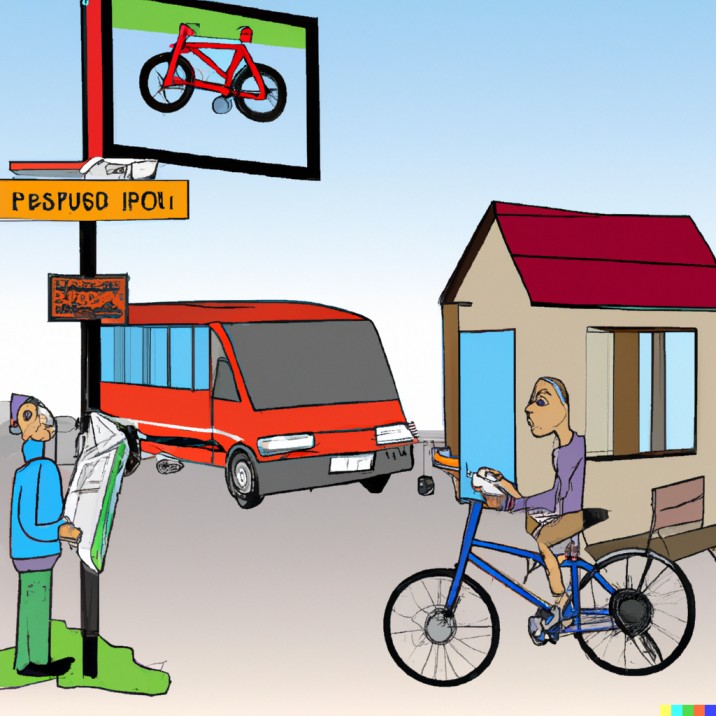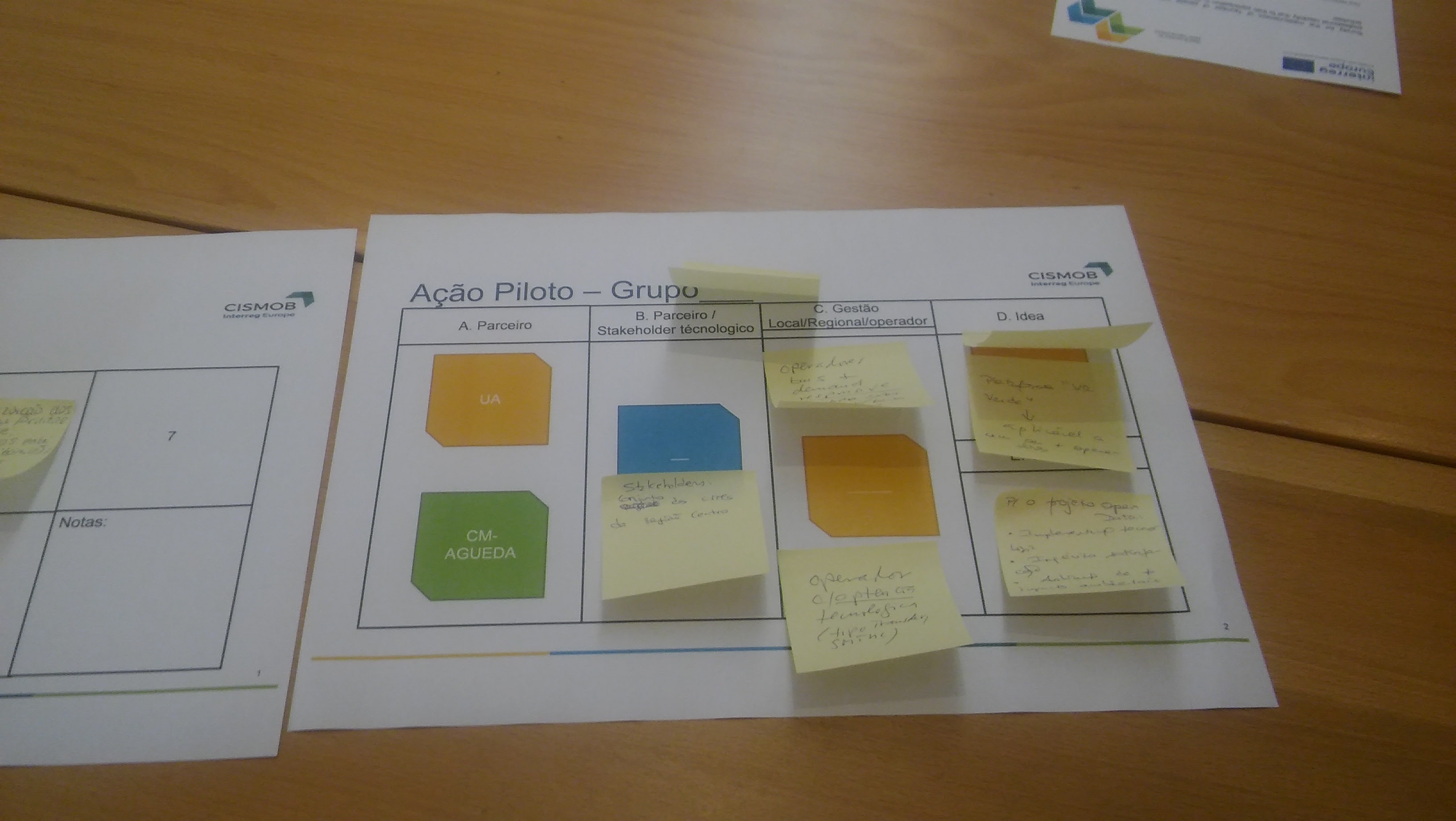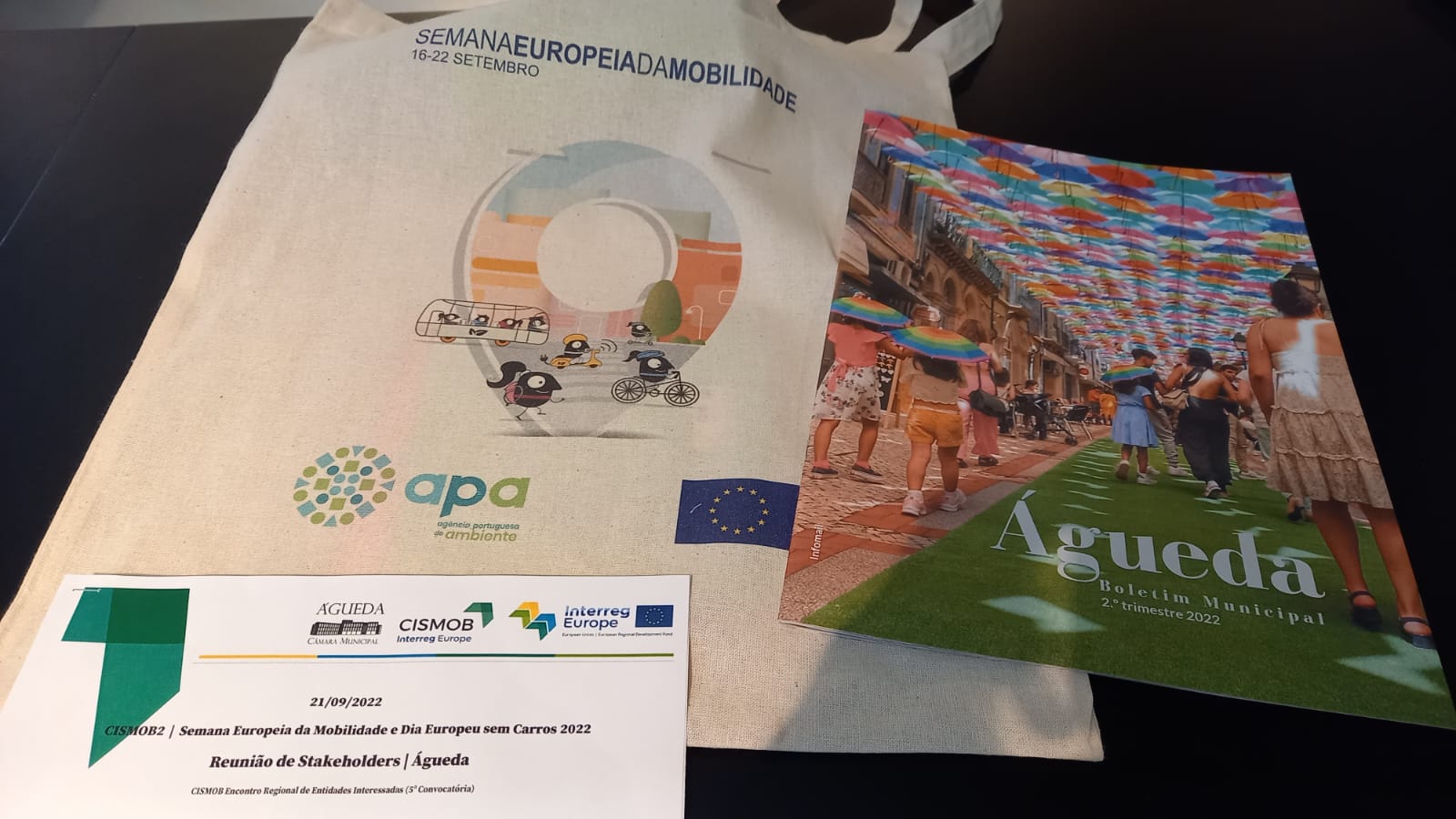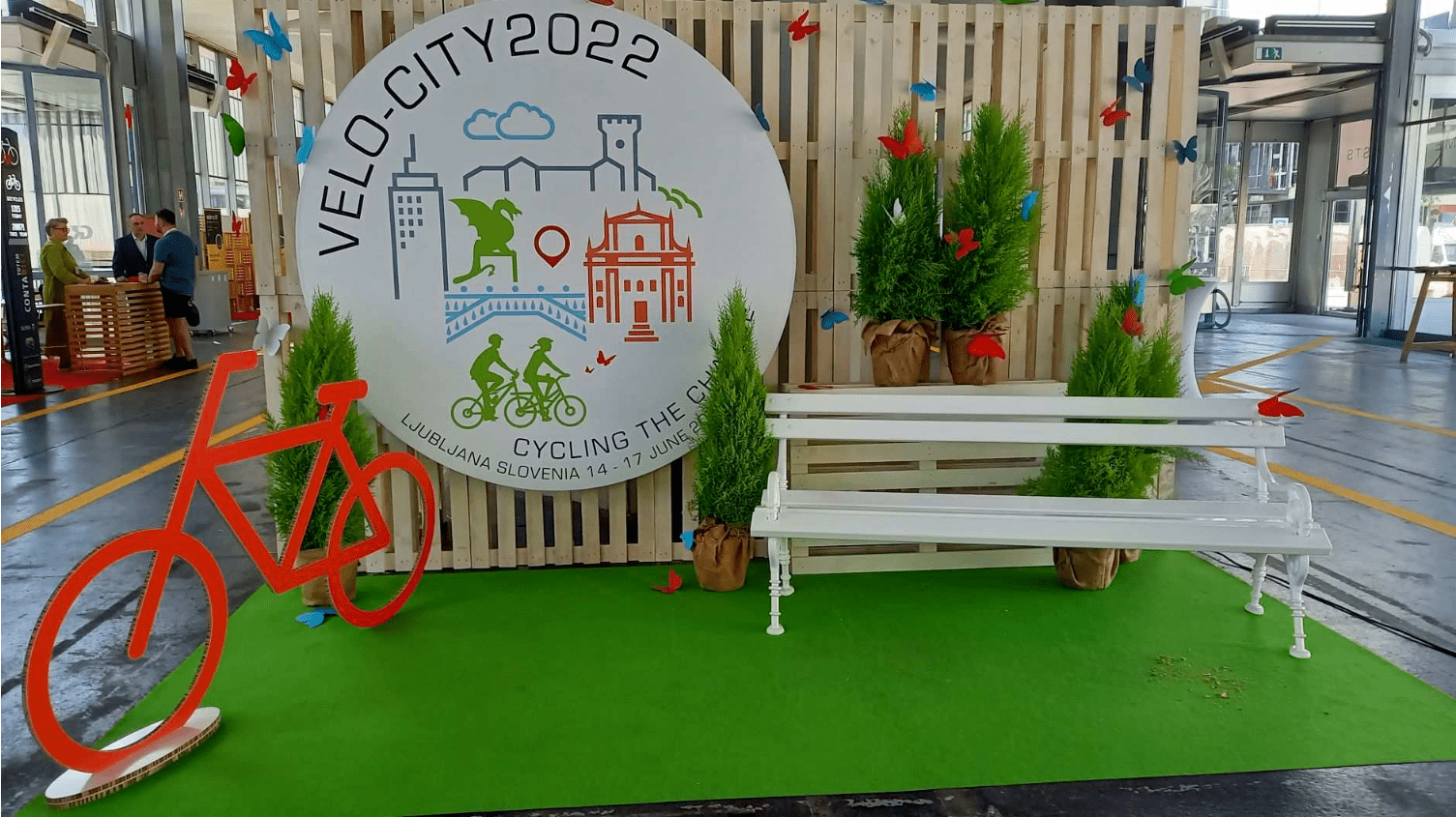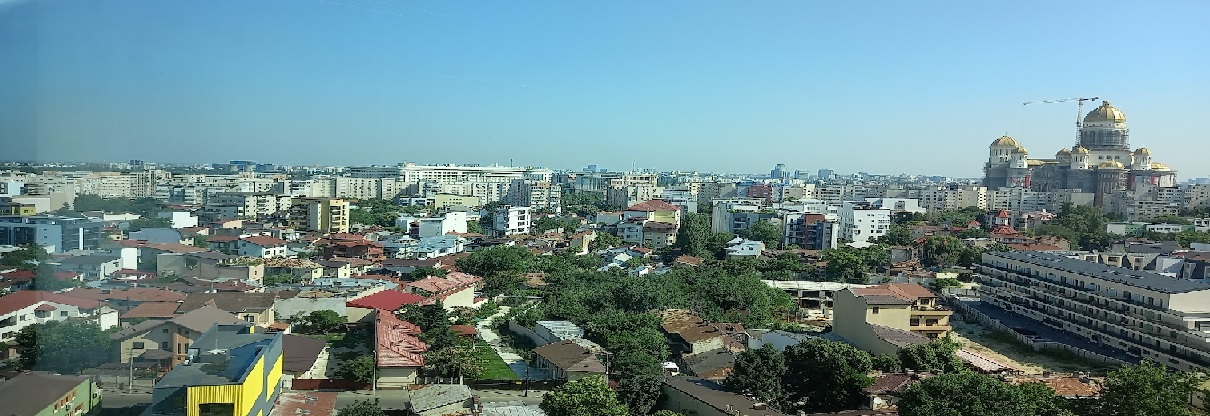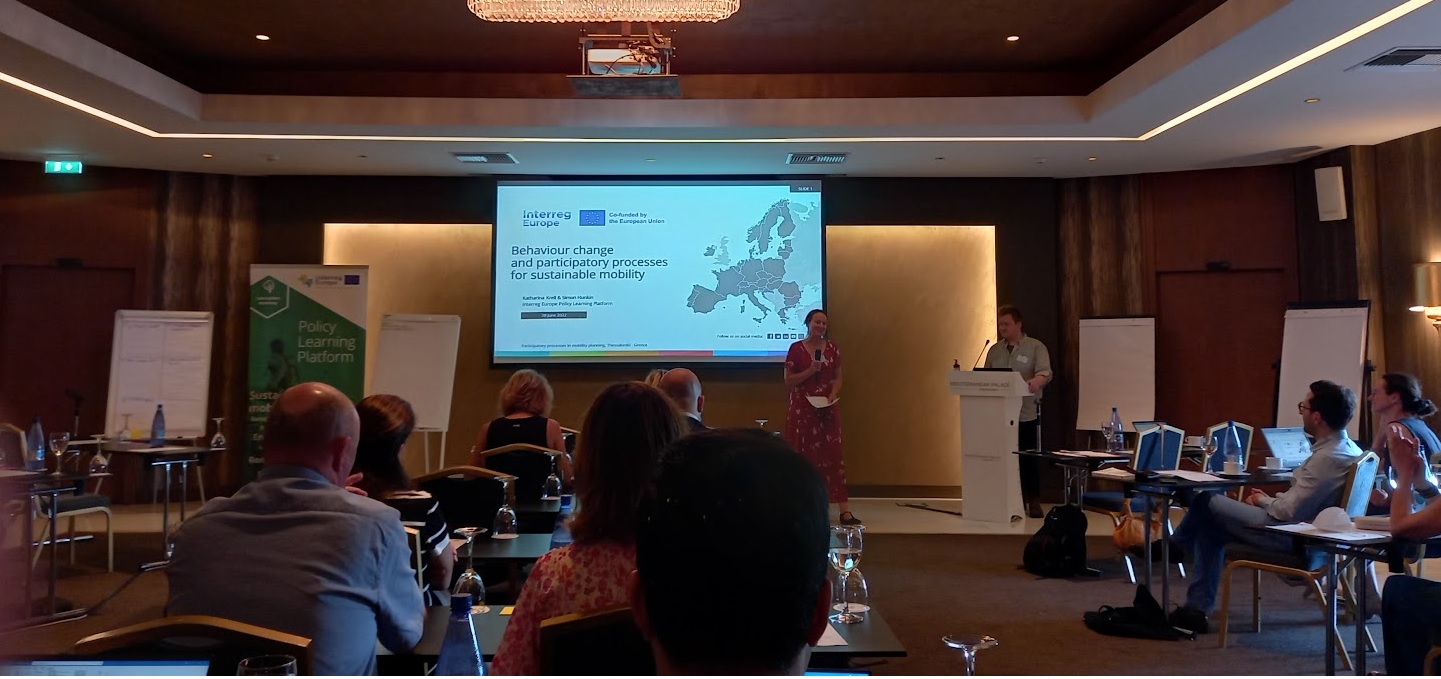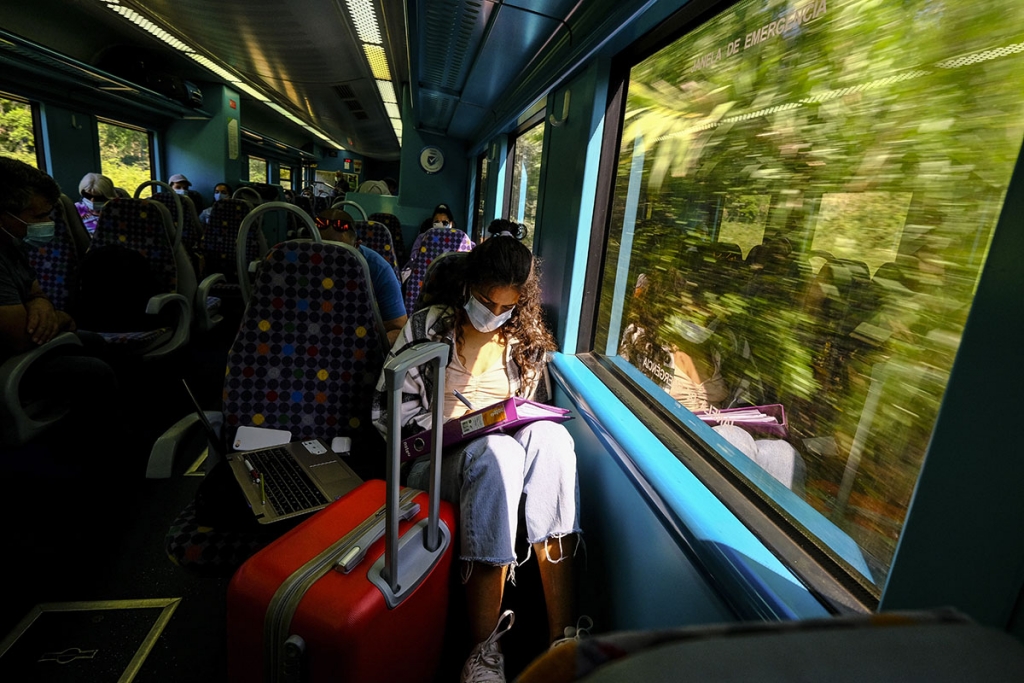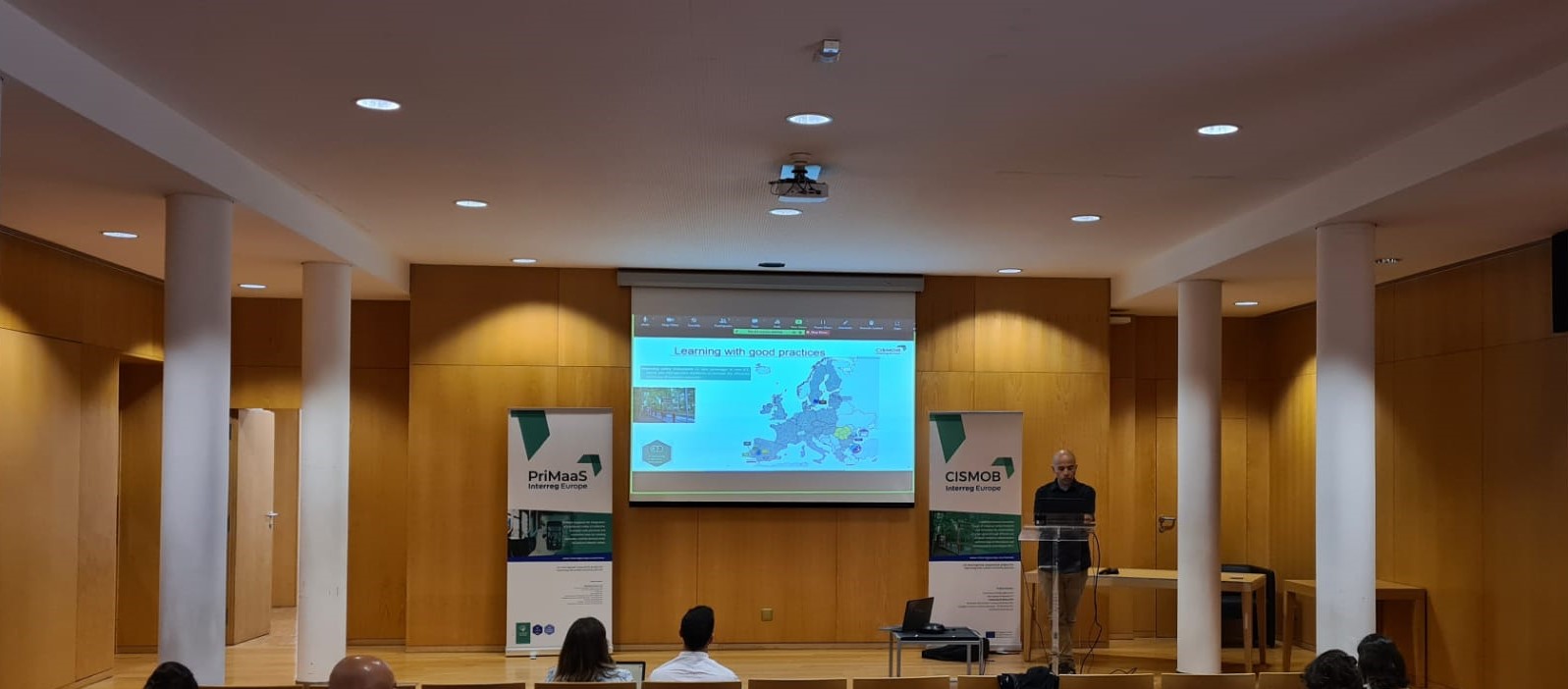From the additional year of exchange of experiences, we are pleased to share four new outputs summarising the conclusions and lessons learnt by the CISMOB partners after this intense year of activities.
COVID-19 has fundamentally impacted how people travel and also introduced a new trend related to a change in working habits worldwide. The new normal will see a significant change in mobility priorities. The future of mobility in 2030 may include a decline in traffic volume due to the increased popularity of remote working, which opens the possibility of changing mobility behaviours/habits. For longer distances, the car is expected to regain people’s preference as it is perceived to be safer, more comfortable and more flexible than shared and collective modes.
In this context, the use of ICT tools to encourage the use of soft and low carbo modes and the focus on the accessibility of remote or sparsely populated areas were the considered the two most important hot topics under discussion.
Please check our project library to check the new policy learning documents:
- A new chapter of the Baseline assessment report with an analysis of mobility trends in the CISMOB regions
- A New chapter of the ICT agenda focused on good practices in the promotion of the use of public transport
- Policy brief 1 ICT for sustainable and resilient transport in the context of pandemic periods
- Policy brief 2 Ensuring accessibility and mobility efficiency in low-density areas - new approaches


